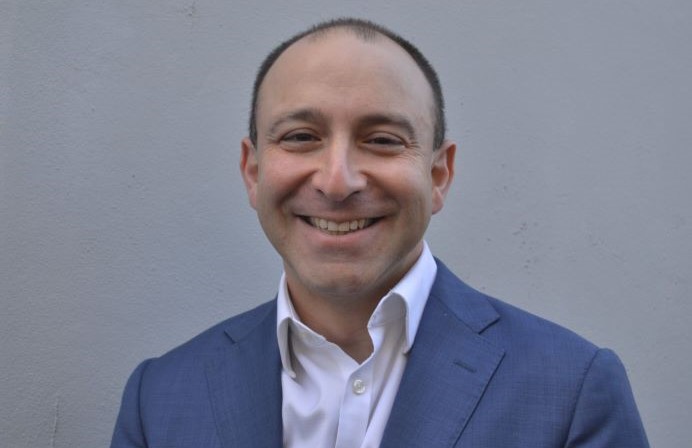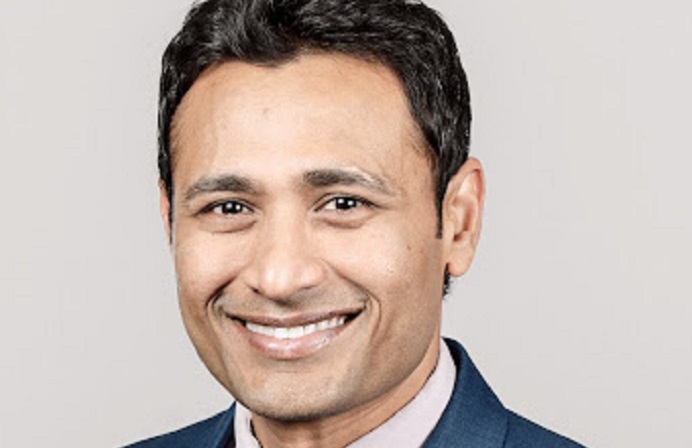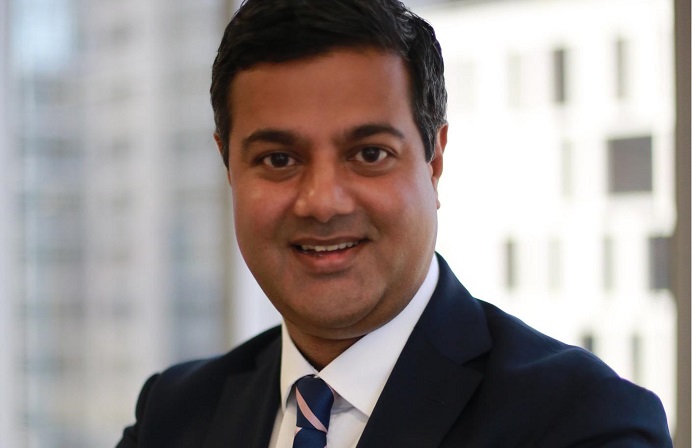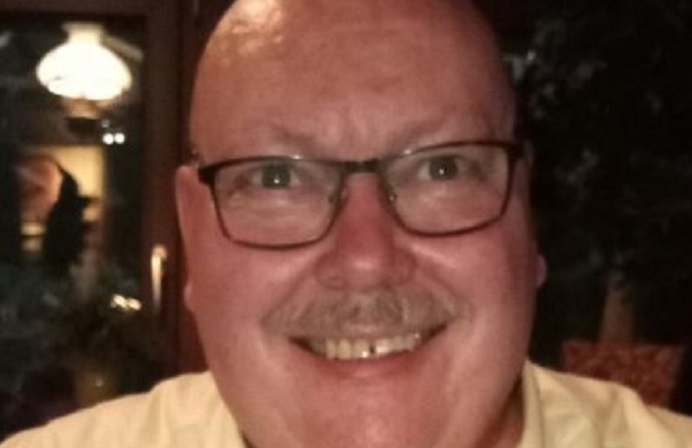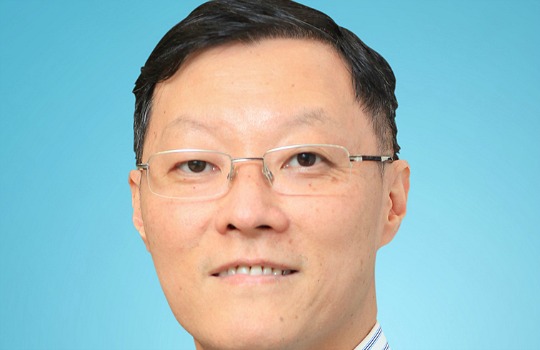
“Many so-called ‘tech leaders’ in the industry do a lot of what I refer to as ‘followvation’ not innovation. If all you do is follow others, the best you can achieve is second prize. We have to look at the fundamentals of what we want to be, and then decide what to do, not vice versa…”
FST Media: What is the most pressing challenge facing Manulife today as the pace of digitalisation and technological innovation increases?
Hui: Without a doubt, it’s our legacy: legacy not only in the sense of our systems, but also in terms of our processes and how people think. In the digital age, we often concern ourselves with issues such as time to market and agility, but human beings are not fast-changing, and most of us are risk-averse; our natural instinct is to hold back. Overcoming this instinct is enormously difficult, but we make it part of our company culture to challenge this risk-averse nature. We have mottos splashed all over our walls to inspire us: “we own our future”; “we work as one”; and “we question and innovate”.
FST Media: What technology or innovation is proving to be the biggest game changer across the financial services sector?
Hui: Insurance used to be about the law of averages: if you bought car insurance, then good drivers would subsidise bad drivers; if you bought a health insurance policy, non-smokers would subsidise the smokers. We’re entering an era of individual pricing, where customers pay based on their risk category. If you’re an irresponsible driver, your car will tell your insurance company or car company – Tesla, for example – that this person is a risk and that they should be paying more for their policy.
FST Media: What are some of the most pressing threats facing Manulife and the insurance industry as a whole?
Hui: Among the biggest threats we face are companies like Google, Facebook, and even WeChat. They know a lot more about our customers than we do, so it’s a matter of time before they jump in and eat our lunch – so to speak.
What’s more, nowadays, customers are much better informed than they used to be. Customers are no longer confused by what you sell, and it has become very easy for them to differentiate between services and not by product. I wouldn’t be surprised to see a lot of new services coming out that help customers compare insurance policies in minute detail.
Finally, while I wouldn’t call it a threat per se, we’ve seen a real knee-jerk reaction by regulatory bodies, most of which are not particularly technology savvy. Every two or three months, regulatory bodies add something new to our compliance burden. It’s taking its toll on us, because we don’t have much leverage to push back.
FST Media: Do you foresee a bigger role for big data and analytics in the financial services sector?
Hui: All financial services work on data, whether it’s risk management, stock prices or bond prices. Analytics is part and parcel of our everyday business. Therefore, I think your question should be, ‘Do you see analytics playing a more influential role in your decision making process’? And the answer to that would be yes.
We’re heading towards an era of individual pricing; some of the tests and trusted risk calculation algorithms may be no longer valid. Take general insurance, for instance: a one in 100-year event, like flood, drought, or earthquake now occurs frequently. Volatility is the name of the game now. Another threat is the increasing risk posed by cyber hackers. For example, the recent unofficial democracy poll by The Chinese University in Hong Kong resulted in the second largest internet attack in history. We need to account for this.
FST Media: How willing has Manulife been to embrace new technologies?
Hui: We’re a Canadian company. Canadians by nature are fairly conservative in what they do. For instance, during the financial crisis we looked pretty solid. That, I believe, is an innate asset. Having said that, we’ve realised that technology is no longer a luxury; technology is about survival and about being competitive. So in that respect, senior management have seen a need to embrace it. Yet middle management may not latch onto this fact yet; they continue to see IT as a cost centre. My view, however, is that IT is the venture capital of our company. If middle management continues to see us as a ‘necessary evil’, then they won’t be ready to take advantage of technology. Indeed, you might have the most brilliant business idea, but if you don’t believe IT is instrumental in delivering it, ultimately it will fail to get off the ground.
FST Media: How do you inspire a culture of innovation within your team?
Hui: I recently wrote an article titled ‘IT is a fashion industry’. In it I posit that vendors are obligated to constantly come up with new things to sell, much like Paris or Milan’s fashion industry. They might announce a new season colour, but at the end of the day, all they’ll do is change the name of it, but not necessary the fundamentals. A wise leader has to understand that their chariot isn’t going to turn into a pumpkin overnight just because somebody came up with a new name for it.
Unfortunately, many so-called ‘tech leaders’ in the industry do a lot of what I refer to as ‘followvation’ not innovation. Take cloud, for instance. In many IT forums, CTOs will be asked “what is your IT strategy?” and they’ll often respond with “cloud”. You can’t just say “I’m a bus company, my strategy is to have a lot of buses”, it’s all about how you leverage the technology; what other people do with it doesn’t necessarily mean it’ll work for you as well. A wise leader should have the courage to shoulder the loneliness of doing something different. If all you do is follow others, the best you can achieve is second prize. We have to look at the fundamentals of what we want to be, and then decide what to do, not vice versa.
FST Media: What career would you have chosen if you did not end up in the finance Industry?
Hui: As a second career, or perhaps a second life, my mission is to work in the field of parent education. I often describe the process of parenting much like an IT contract: you pick up your contract, which has no fixed scope of work and no exit clause, your customers don’t give a damn about your project plans, they won’t acknowledge you as the project manager, the project will cost an absolute fortune, and your chance of failing is extremely high. Yet, despite this lack of certainty, very few parents would bother to read even a single book about parenting.
Good parents are the foundation of a society, because good parents bring up good kids. I’m writing a book about this subject, so I’m quite serious about it.
FST Media: What is the best advice that you’ve received and how has it guided your career?
Hui: When I became a manager for the first time, my boss taught me two things: “let your juniors burn, but don’t let them die” and “once you gain a certain level of seniority, you’re no longer allowed to say ‘it’s not my responsibility’” – everything is your responsibility. In many big companies, too many people fail to take responsibility for their actions, and that is why many of them disappeared.

